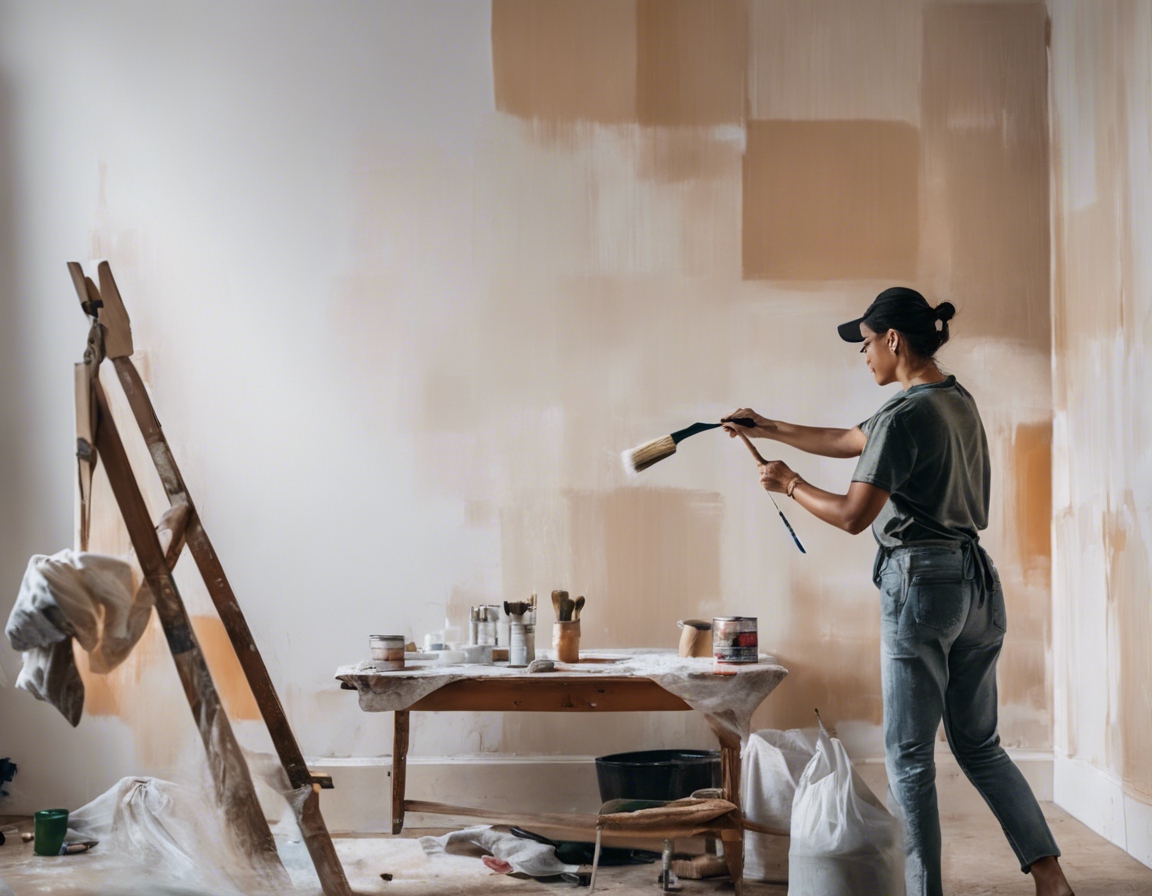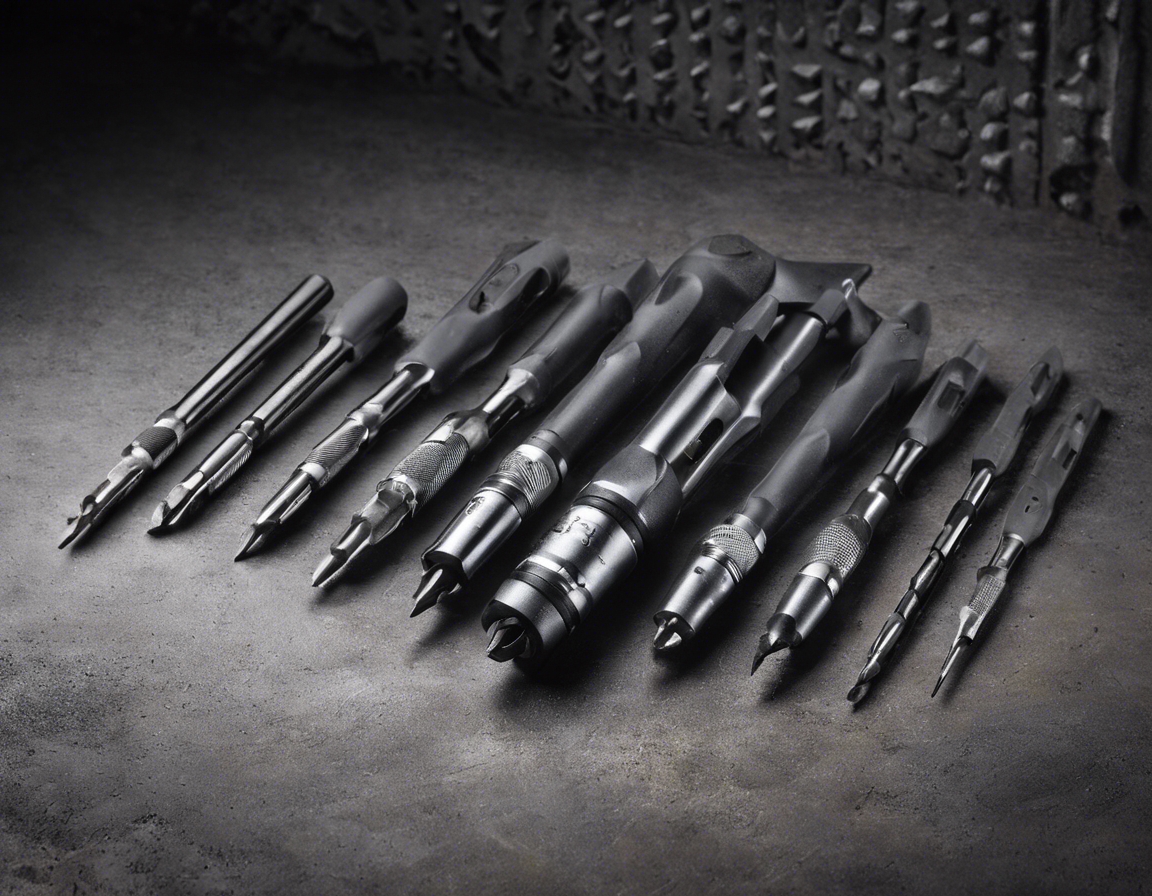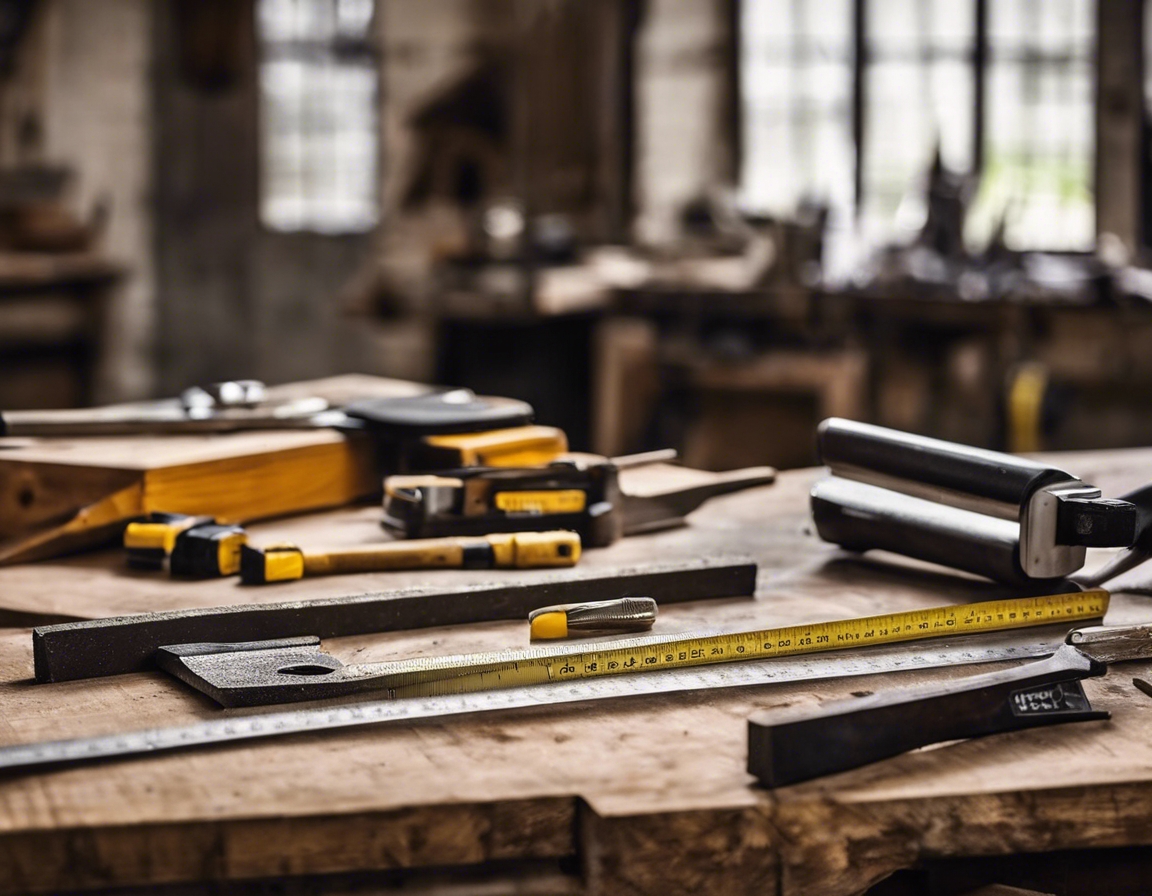5 signs your home needs a structural repair
Homeownership comes with its fair share of maintenance responsibilities, and one of the most critical aspects to keep an eye on is the structural integrity of your property. Recognizing the signs that your home needs structural repair can save you from costly damages and ensure the safety of your living space.
Structural integrity refers to the ability of a building to withstand its intended load without experiencing failure or collapse. It is the foundation of a safe and durable home.
Delaying structural repairs can lead to more significant problems down the line, including compromised safety and decreased property value. Early detection and repair are crucial.
Sign #1: Cracks in Walls or Foundations
Not all cracks are created equal. Hairline cracks might be cosmetic, but larger, zigzagging cracks can indicate serious structural issues.
If you notice cracks that are wider than 1/4 inch, especially if they are growing or accompanied by other signs of structural damage, it's time to call in the experts.
Sign #2: Uneven or Sagging Floors
Uneven floors can result from soil settlement, foundation issues, or deteriorating support beams.
If your floors are sloping or you can feel a bounce when walking, these could be signs of a compromised structure needing attention.
Sign #3: Doors and Windows That Stick or Won't Close Properly
Sticking doors and windows can be more than just an annoyance; they may signal a shift in your home's foundation.
When frames become misaligned due to structural movement, it can prevent doors and windows from functioning correctly.
Sign #4: Gaps Between Walls and Floors or Ceilings
Visible gaps where walls meet floors or ceilings can indicate that your home's structure is shifting or settling.
These gaps can compromise the overall stability of your home and may lead to further damage if not addressed.
Sign #5: A Leaning or Tilting Chimney
A chimney that is pulling away from the rest of the home is a clear sign of structural issues, often related to the foundation.
A leaning chimney not only poses a risk of collapse but also suggests potential problems with the home's overall structural integrity.






Comments (0)